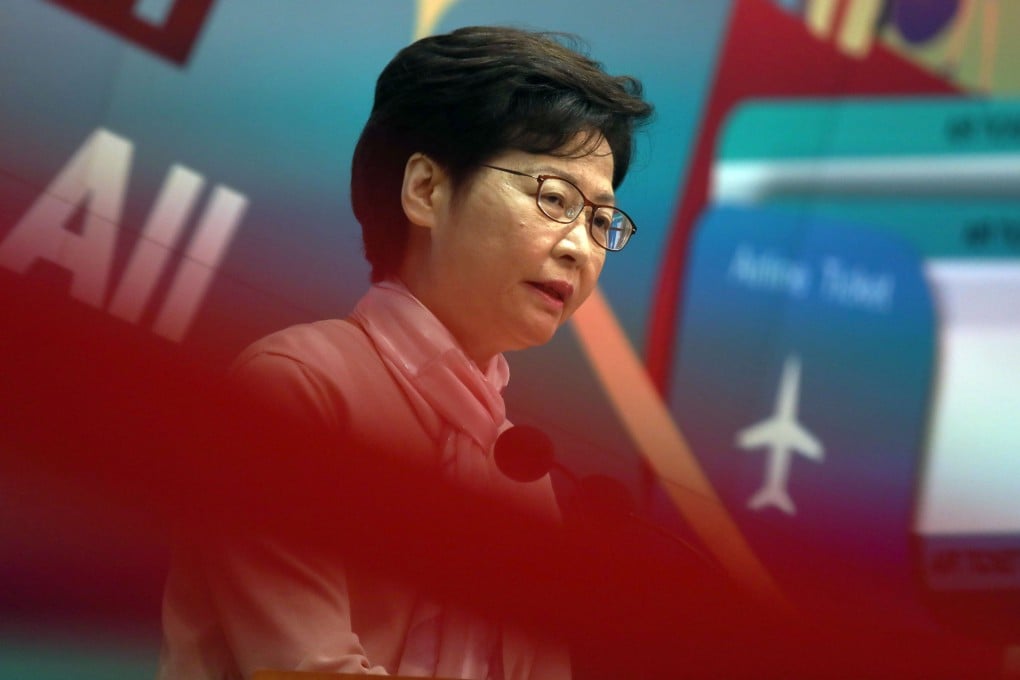Advertisement
Opinion | In search of viable chief executive candidates for Hong Kong
- Leung Chun-ying and Carrie Lam believe they have a strong case, but both have their problems. Indeed, it is a real struggle to identify even one viable candidate
- This has led some to suggest we revert to the old system, whereby we are sent a governor selected by the parent government
Reading Time:3 minutes
Why you can trust SCMP
22

Spare a thought for Hong Kong and Macau Affairs Office director Xia Baolong. In the coming months, decisions will have to be made about who will contest Hong Kong’s chief executive election race, next March.
Even determining a slate of possible candidates is not going to be easy. I am struggling to do so, but that is OK: I am just a columnist and can speculate to my heart’s content. Nothing important hinges on the accuracy of my guess.
However, it is Xia’s job to find the right person: someone who can win the hearts of Hongkongers and also handle the relationship with Beijing in a way which inspires confidence in the corridors of Zhongnanhai.
Advertisement
And, given Hong Kong’s profile in the world at the moment, it would help if he or she also has credibility on the international stage. Quite a challenge, to put it mildly.
Former chief executive Leung Chun-ying and the incumbent, Carrie Lam Cheng Yuet-ngor, could in theory take up the post for a second time. It is clear from recent reports in the media that both consider themselves to be fully qualified and to have a strong case.
Notwithstanding the enthusiasm of their supporters, there are problems with both candidates, however. Leung is intellectually capable and respected by fellow professionals. But he never really generated much warmth from the general public. His rather aloof style and his reluctance (or inability) to compromise on political reform led to the 2014 Occupy stand-off.
Advertisement
Select Voice
Select Speed
1.00x
